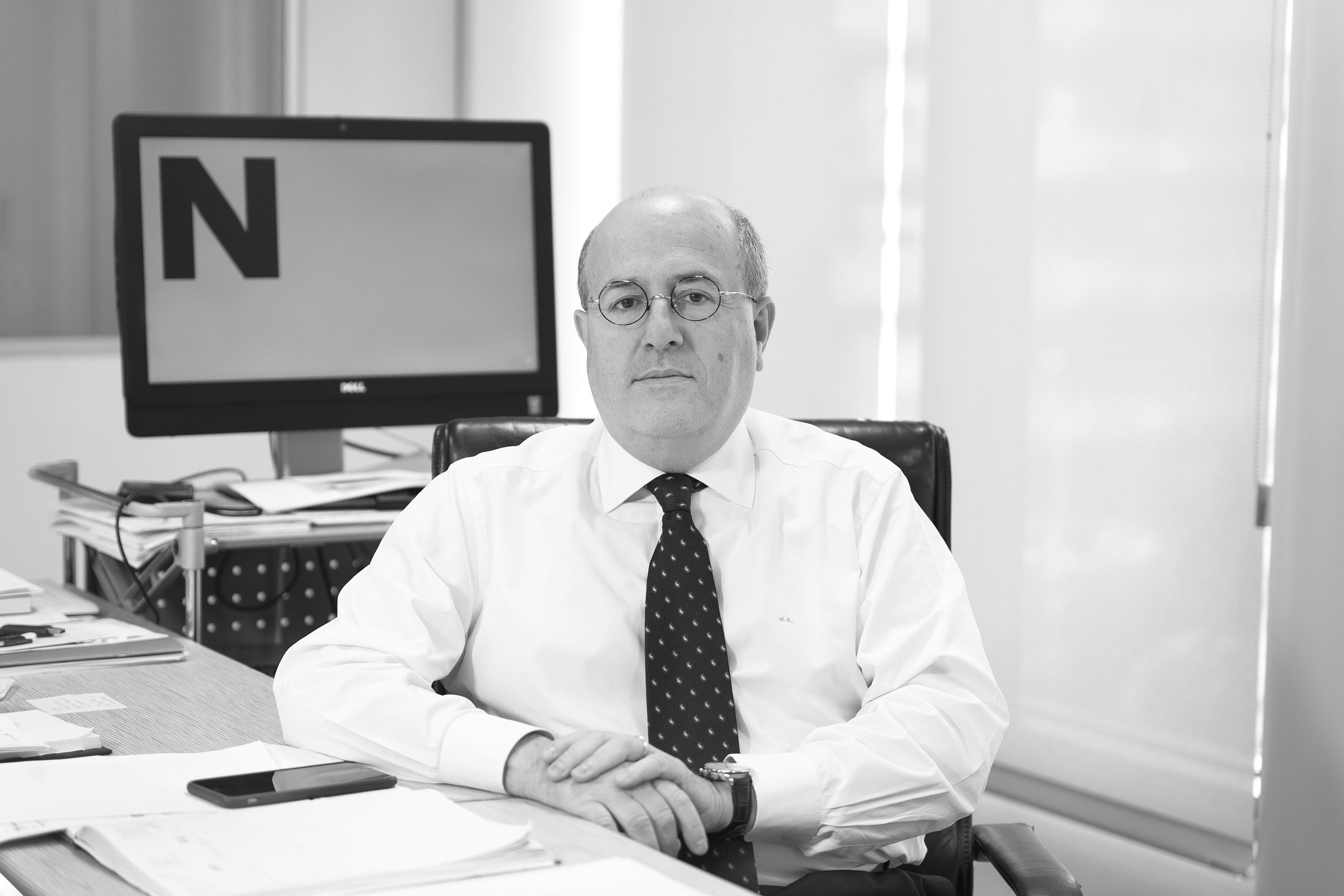Politics is complicated. Pedro Sánchez has discovered this 100 days after arriving at the Moncloa government palace. And, in an almost intimate tone, he explained it this Sunday evening to Ana Pastor in an interview on La Sexta. It wasn't clear if it's complicated due to the matter of his doctorate and the accusations of plagiarism or the sale of arms to Saudi Arabia, which a Socialist government has had to swallow with the excuse that they were saving jobs. Bombs for jobs, the prime minister came to tell us. That said, the 400 sold are precision bombs. In any case, it has to be the first time university has been discussed in prime time, even if for a matter as hopelessly funny as the falsification of CVs, the master's degrees Casado didn't do, Rivera being a doctoral student or Sánchez's plagiarism.
The prime minister appeared on the defensive and I greatly doubt that he'll have won or lost votes during the interview. He's losing votes over the feeling of inaction by his government and its provisionality. Nobody trusts a provisional government and only if Sánchez is capable of putting his foot down and showing that he can keep the legislature going will he be in a state to regain the control of the rudder it currently seems has slipped from his grip. And, whether he likes it or not, that can only come with an agreement with the two Catalan pro-independence parties in the Spanish Congress, Esquerra Republicana and PDeCAT.
Sánchez is right when he says that there's not a parliamentary majority in the Congress which would like an election, but that's not enough to get a budget through. The question is what he's prepared to do to get his votes. Obviously, PSC would vote for the Catalan government's budget, so it's irrelevant whether the imprisoned deputies could exercise their right to vote or not, since there would be a parliamentary majority. But that's not enough: the budget is essential for Sánchez, since his life is at stake, and they're merely very important for his government, which is not nothing, but isn't the same.
The fact that Sánchez says he cannot comment whether the prisoners should be free shows, at least, a certain discomfort or a certain need for ambiguity. It's a shame that when he supported article 155 he didn't think, even for a moment, that he could become president. But the prisoners are there. They're still there. And the Jordis, Sànchez and Cuixart, have this Sunday hit eleven months in pretrial detention for events which, it's patently clear, didn't happen as the justice system tries to present.

